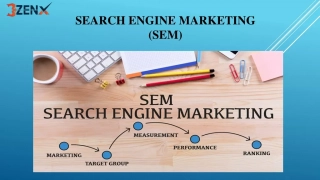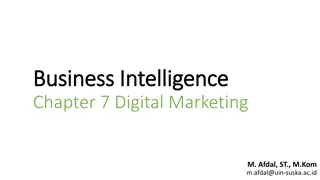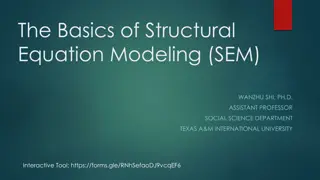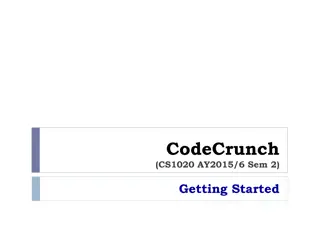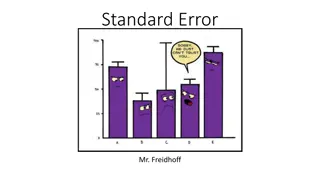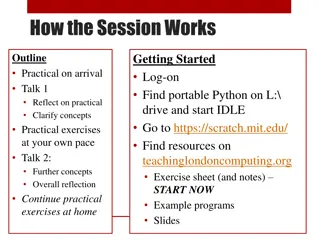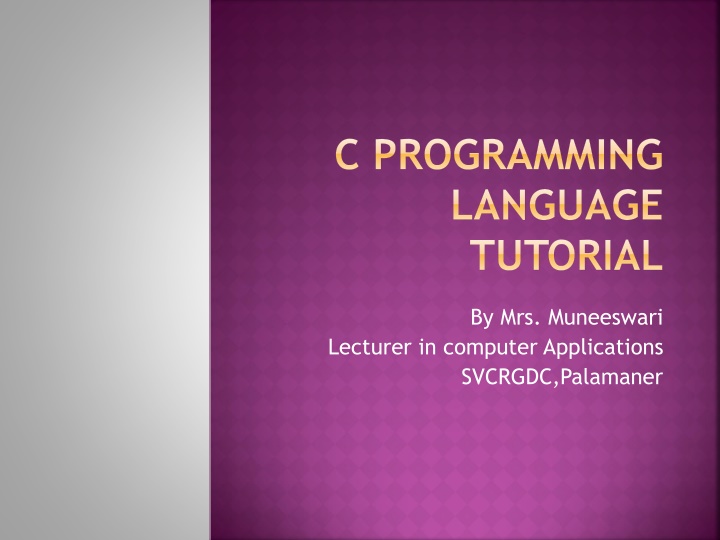
Learn About C Programming Language - Tutorial by Mrs. Muneeswari
Discover the history, features, and first program of the C programming language, explained by Mrs. Muneeswari, a lecturer in computer applications. Understand the structure, key functions, and input/output methods essential in C programming.
Download Presentation

Please find below an Image/Link to download the presentation.
The content on the website is provided AS IS for your information and personal use only. It may not be sold, licensed, or shared on other websites without obtaining consent from the author. If you encounter any issues during the download, it is possible that the publisher has removed the file from their server.
You are allowed to download the files provided on this website for personal or commercial use, subject to the condition that they are used lawfully. All files are the property of their respective owners.
The content on the website is provided AS IS for your information and personal use only. It may not be sold, licensed, or shared on other websites without obtaining consent from the author.
E N D
Presentation Transcript
C PROGRAMMING LANGUAGE TUTORIAL By Mrs. Muneeswari Lecturer in computer Applications SVCRGDC,Palamaner
WHAT IS C LANGUAGE:- C is mother language of all programming language. It is a popular computer programming language. It is procedure-oriented programming language. It is also called mid level programming language.
HISTORY OF C LANGUAGE:- C programming language was developed in 1972 by Dennis Ritchie at bell laboratories of AT&T(American Telephone & Telegraph), located in U.S.A. Dennis Ritchie is known as founder of c language. It was developed to be used in UNIX Operating system. It inherits many features of previous languages such as B and BPCL.
HISTORY OF C PROGRAMMING Language ALGOL BPCL B Traditional C K & R C year 1960 1967 1970 1972 1978 Developed By International Group Martin Richards Ken Thompson Dennis Ritchie Kernighan & Dennis Ritchie ANSI Committee ANSI C 1989 ANSI/ISO C 1990 ISO Committee C99 1999 Standardization Committee
FEATURES OF C LANGUAGE:- There are many features of c language are given below. Machine Independent or Portable Mid-level programming language structured programming language Rich Library Memory Management Fast Speed Pointers Recursion Extensible 1) 2) 3) 4) 5) 6) 7) 8) 9)
DESCRIBE THE C PROGRAM :- #include <stdio.h> includes the standard input output library functions. The printf() function is defined in stdio.h . #include <conio.h> includes the console input output library functions. The getch() function is defined in conio.h file. void main() The main() function is the entry point of every program in c language. The void keyword specifies that it returns no value. printf() The printf() function is used to print data on the console. getch() The getch() function asks for a single character. Until you press any key, it blocks the screen.
INPUT OUTPUT FUNCTION:- There are two input output function of c language. First is printf() Second is scanf() printf() function is used for output. It prints the given statement to the console. Syntax of printf() is given below: printf( format string ,arguments_list); Format string can be %d(integer), %c(character), %s(string), %f(float) etc. 1) 2)
INPUT/ OUTPUT FUNCTION scanf() Function: is used for input. It reads the input data from console. scanf( format string ,argument_list); Note:-See more example of input-output function on:- www.javatpoint.com/printf-scanf
DATA TYPES IN C LANGUAGE:- There are four types of data types in C language. Types Data Types Basic Data Type int, char, float, double Derived Data Type array, pointer, structure, union Enumeration Data Type enum Void Data Type void
KEYWORDS IN C LANGUAGE:- A keyword is a reserved word. You cannot use it as a variable name, constant name etc. There are 32 keywords in C language as given below: auto break case char const contin ue default do double else enum extern float for goto if int long register return short signed sizeof static struct switch typedef union unsigned void volatile while
OPERATORS IN C LANGUAGE:- There are following types of operators to perform different types of operations in C language. Arithmetic Operators Relational Operators Shift Operators Logical Operators Bitwise Operators Ternary or Conditional Operators Assignment Operator Misc Operator 1) 2) 3) 4) 5) 6) 7) 8)
CONTROL STATEMENT IN C LANGUAGE:- if-else switch loops do-while loop while loop for loop break continue 1) 2) 3) 4) 5) 6) 7) 8)
C IF ELSE STATEMENT:- There are many ways to use if statement in C language: If statement If-else statement If else-if ladder Nested if 1) 2) 3) 4)
IF STATEMENT:- In if statement is used to execute the code if condition is true. syntax:- if(expression){ //code to be execute }
IF ELSE STATEMENT:- The if-else statement is used to execute the code if condition is true or false. Syntax: if(expression){ //code to be executed if condition is true }else{ //code to be executed if condition is false }
IF ELSE-IF LADDER STATEMENT:- Syntax: if(condition1){ //code to be executed if condition1 is true }else if(condition2){ //code to be executed if condition2 is true } else if(condition3){ //code to be executed if condition3 is true } ... else{ //code to be executed if all the conditions are false }
C SWITCH STATEMENT:- Syntax: switch(expression){ case value1: //code to be executed; break; //optional case value2: //code to be executed; break; //optional ...... default: code to be executed if all cases are not matched; }
LOOPS IN C LANGUAGE:- Loops are used to execute a block of code or a part of program of the program several times. Types of loops in C language:- There are 3 types of loops in c language. do while while for 1) 2) 3)
DO-WHILE LOOP IN C:- It is better if you have to execute the code at least once. Syntax:- do{ //code to be executed }while(condition);
WHILE LOOP IN C LANGUAGE:- It is better if number of iteration is not known by the user. Syntax:- while(condition){ //code to be executed }
FOR LOOP IN C LANGUAGE:- It is good if number of iteration is known by the user. Syntax:- for(initialization;condition;incr/decr){ //code to be executed }
C BREAK STATEMENT:- it is used to break the execution of loop (while, do while and for) and switch case. Syntax:- jump-statement; break;
CONTINUE STATEMENT IN C LANGUAGE:- it is used to continue the execution of loop (while, do while and for). It is used with if condition within the loop. Syntax:- jump-statement; continue; Note:- you can see the example of above all control statements on. www.javatpoint.com/c-if else
FUNCTIONS IN C LANGUAGE:- To perform any task, we can create function. A function can be called many times. It provides modularity and code reusability. Advantage of function:- Code Resuability Code optimization 1) 2)
SYNTAX TO DECLARE FUNCTION:- return_type function_name(data_type paramet er...){ //code to be executed } Syntax to call function:- variable=function_name(arguments...);

